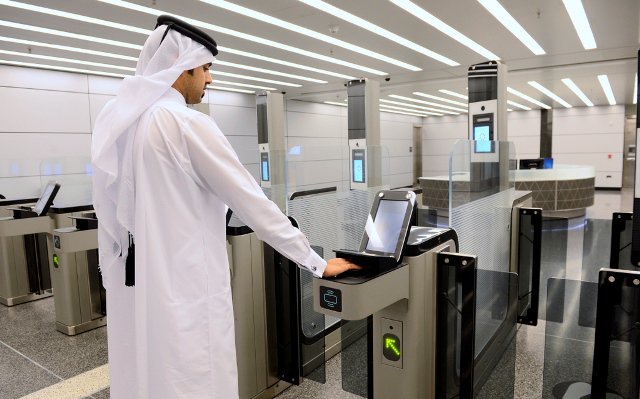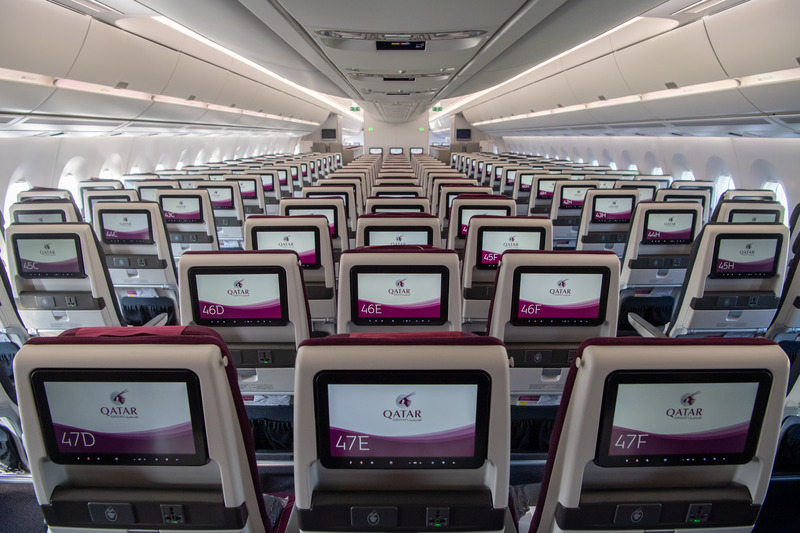
Thailand’s tourism sector is facing significant challenges as the ongoing Israel-Iran conflict disrupts travel from key Middle Eastern markets. The Tourism Authority of Thailand (TAT) warns that arrivals from five countries Iran, Iraq, Jordan, Lebanon, and Syria could drop by as much as 50%, with early signs of decline already evident in popular destinations like Phuket due to airspace closures.
Thapanee Kiatphaibool, governor of the TAT, explained that several major airlines flying to Thailand including Emirates, Etihad, Qatar Airways, Flydubai, Air Arabia, Oman Air, and SalamAir have rerouted flights to avoid conflict zones. Tehran-based Mahan Air has temporarily suspended its Bangkok and Phuket routes, causing the Iranian market to effectively vanish during this period.

These five countries represent about 7% of Middle Eastern visitors to Thailand, with the region (excluding Israel) accounting for 100,781 travelers in June 2024. The timing of the conflict coincides with the Eid al-Adha festival, a peak travel period that last year brought 7,165 tourists from these markets. This year, arrivals are expected to fall sharply to between 3,500 and 5,000 as tourists and airlines postpone trips amid uncertainty.
The TAT is also monitoring potential longer-term impacts on larger Middle Eastern markets such as Saudi Arabia, the UAE, Oman, Kuwait, Qatar, and Bahrain, which together contribute 80% of Thailand’s Middle East tourism. Concerns over air travel safety could further dampen demand, affecting hotels in Bangkok, Pattaya, Phuket, and Chiang Mai, which are popular with Middle Eastern visitors.

If the conflict is resolved soon, arrivals may begin to recover in July. Some airlines, including Royal Jordanian Airlines, plan to launch new routes, such as the Amman-Bangkok service starting in August. However, a full recovery depends on how long and severe the conflict’s effects prove to be.
The TAT aims to attract 1.06 million visitors from the Middle East in 2025, an 11% increase over last year, and generate approximately 86 billion baht in revenue. As the situation evolves, Thailand’s tourism industry remains cautiously optimistic but vigilant about the challenges ahead.
















































.jpg)







-1064b2-large-1745848819.jpeg)

-4f6fa6-large-1745848821.jpeg)
-1dc918-large-1745931196.jpg)
-43a0e0-large-1745931200.jpg)
-53bb50-large-1745931198.jpg)



.jpg)



